Spending time in nature isn’t a luxury: it’s essential
Even the calmest and most level-headed people suffer from stress on occasion, and it is no wonder, as we live in a stressful world. The cardiovascular benefits of being active in nature are clear. But what are the effects of walking and cycling in an area of exquisite natural beauty on our brain?
The Reptilian Brain
Our most essential brain functions are instinctive, that is, they are not controlled by free will. We don’t have to think about our breathing or metabolism. These basic brain functions that are essential to survival are controlled by our ‘reptilian’ brain. Many behaviours and emotions are associated with this region of the brain, including; anger, fear, and the fight or flight response. It's the reptilian brain that triggers the release of hormones such as adrenaline and cortisol both of which put the body in survival mode.
The Reptilian Brain
Evolving stress signals
The problem is, although situations do arise where such ‘fear hormones’ are useful, the need for the body to enter into a survival mode developed out of necessity. There was a time when more primitive humans had to worry about shelter, food, and predators. In 2016, most of us don’t really have to worry about such things. Yet, through bills, relationships or work the stress hormones and negative side effects persist. While when we are feeling our worst we just want to wrap ourselves up and stay inside our cosy home, it's not healthy and being outdoors in nature can actually bring more benefits.
The impact of technology
Undoubtedly, technology has made our lives easier but it has also led to us pursuing ever improving levels of productivity. We operate within fast paced environments, spending a large proportion of our day staring at a screen of some sort. Stress levels and other mental disorders are increasingly reported amongst generation Y/millennials (those born between 1980 and 2000). This is a generation that prefers to live in urban areas and are extremely technology literate. Could it be these lifestyle preferences that are the causing issues?
What are the psychological benefits of taking a walk or cycle in nature?
We all know of the physiological benefits of staying active particularly for our cardiovascular system. Our life expectancy increases through reducing the chance of suffering from cardiovascular disease. Furthermore, physical exercise helps to maintain bone density and muscle tone into old age. When we head out into the wilderness we begin to live in the present. The first thing you notice is the air quality, we begin to breathe a little deeper. Our senses are alive and working in tandem rather than being bombarded by stimuli in a muddled way, as they might when watching TV or surfing the internet. When we are in nature, sights, sounds and smells come and go serenely. We are aware of the temperature differential as we ascend and descend. We notice the changing direction of the wind on our skin. Of course, we are aware of these whilst walking to work in the city. But not to the same extent because our brains are preoccupied: how can one live in the moment when we are thinking about work?
Furthermore, the city as an environment presents a very different set of hazards. A Glasgow University study found that those who lived close to green spaces were less likely to suffer from various diseases including anxiety, depression, heart disease, and conditions such as migraines. This study and others indicate that nature is beneficial to our mental health primarily by lowering stress.
Maintaining a relaxed state leads to empathetic behaviour. Ask yourself the question – what type of emotions or memories are triggered when you think of the friends who you go walking or cycling with? Simply put, we are nicer to one another when we are in nature.
Being outdoors is essential
As well as reducing stress, being active in nature improves our attention skills and all-round cognitive function. Another group of researchers found to their astonishment:
“.....imagine a therapy that had no known side effects, was readily available, and could improve your cognitive functioning at zero cost….it exists, it’s called interacting with nature.”
So, nature has a restorative effect on us, but how do we make sure we spend quality time in nature? Attempt to be aware of the tangible environment around us. Touch and smell trees and flowers, be humble, and forget about trivial human constructs. Nature is the key.
If you fancy getting your outdoor fix have a browse of our walking holidays or cycling holidays. Or if you would like to speak to one of our team don't hesitate to get in touch with us on hello@macsadventure.com
*Post updated 07/06/18













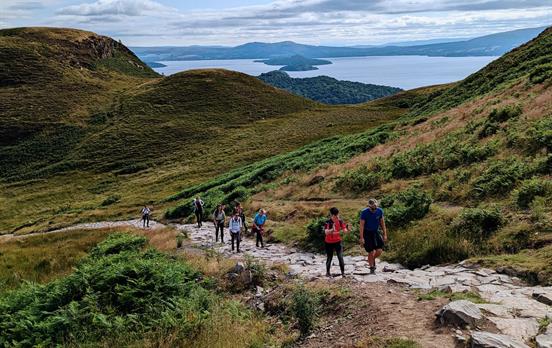


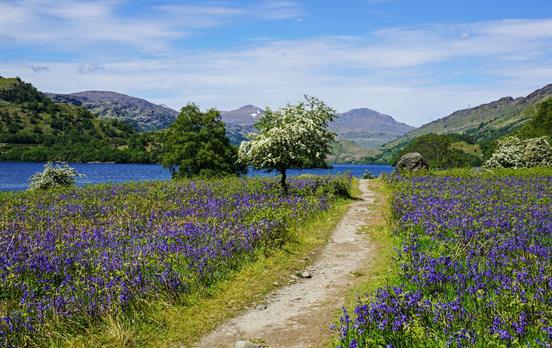

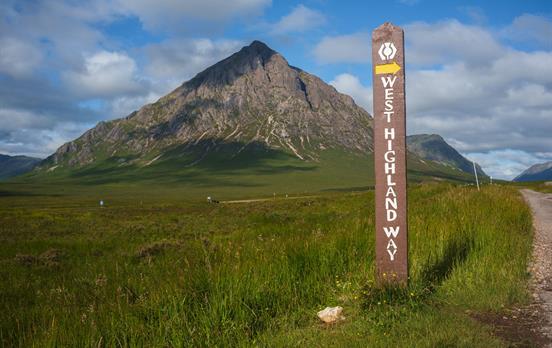




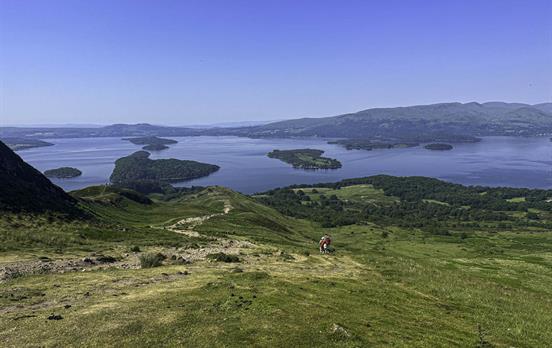
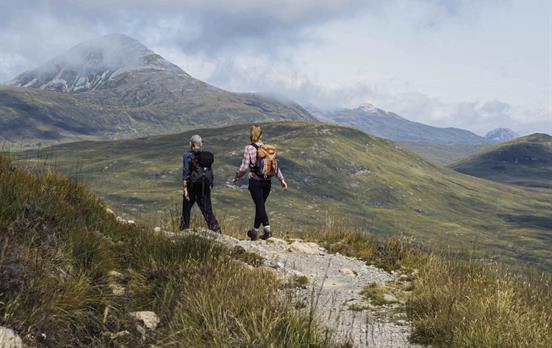

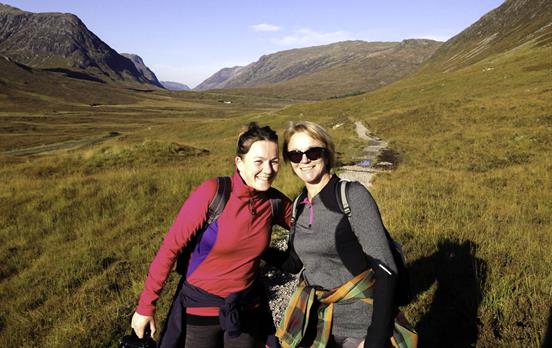
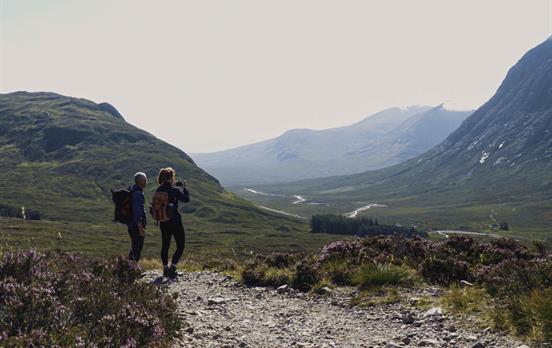
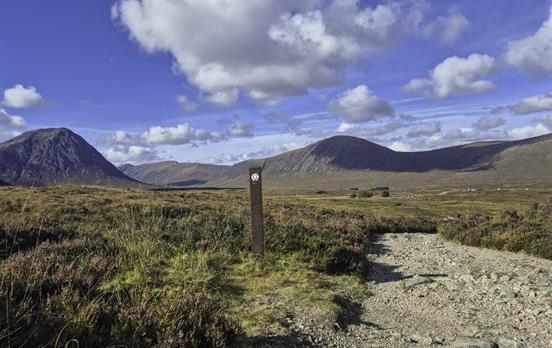

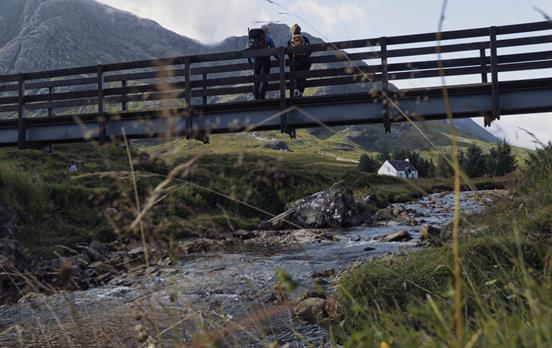
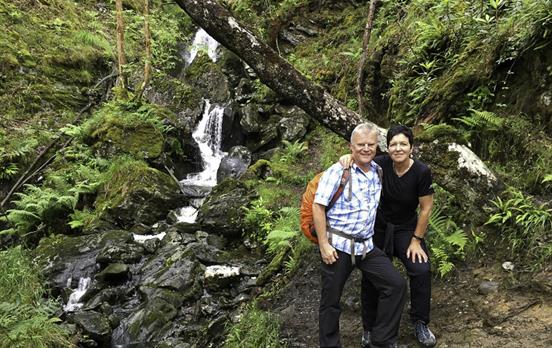

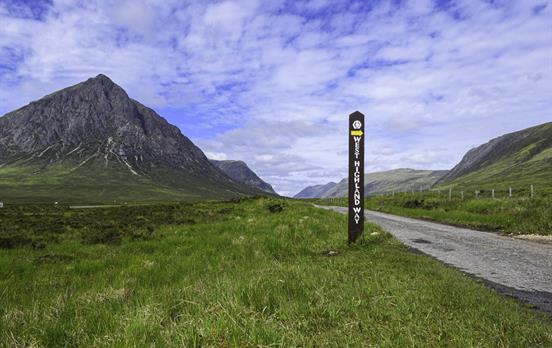
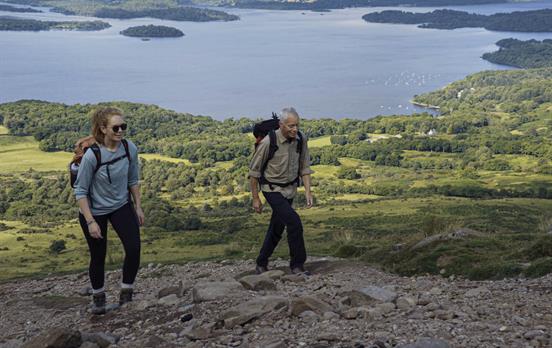
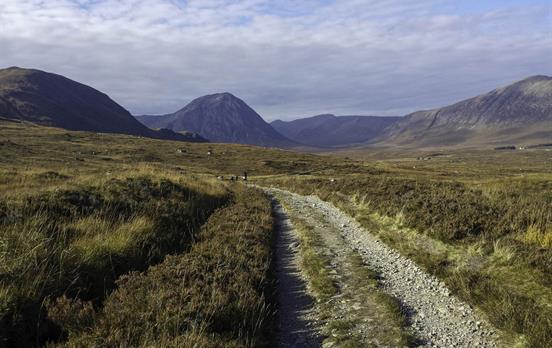
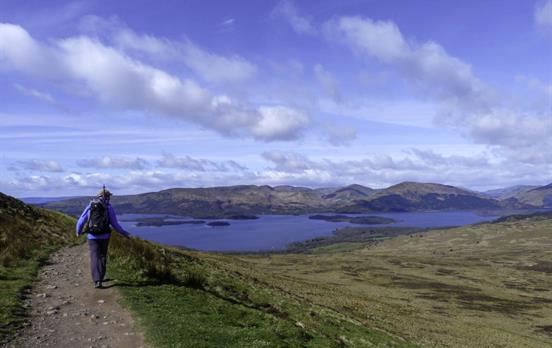



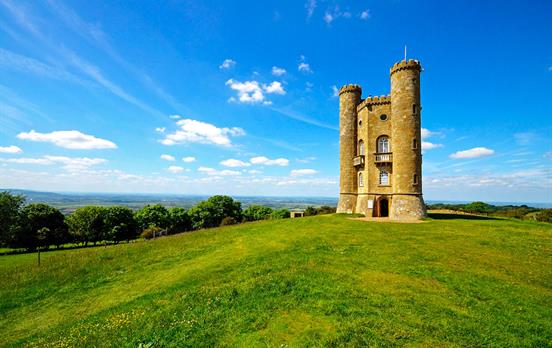


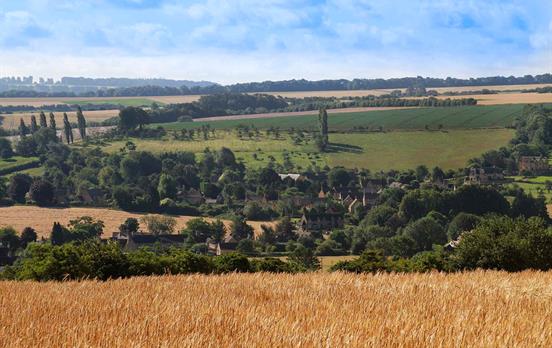
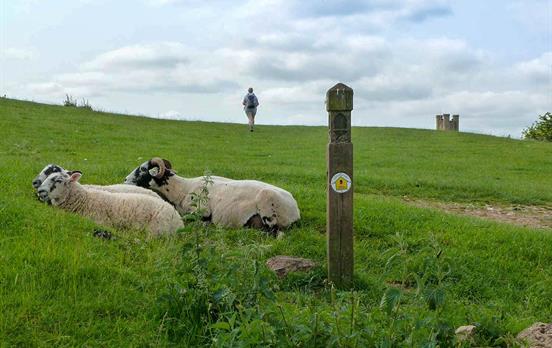
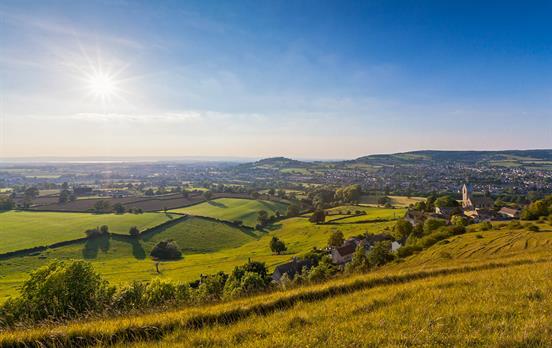



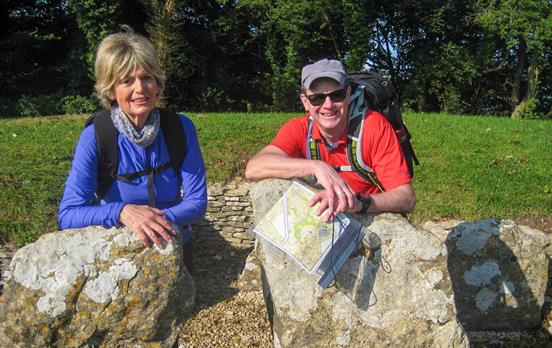

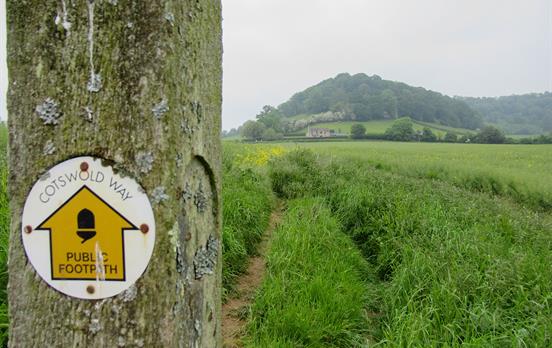
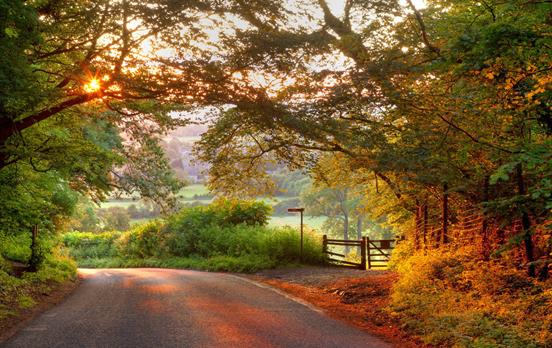












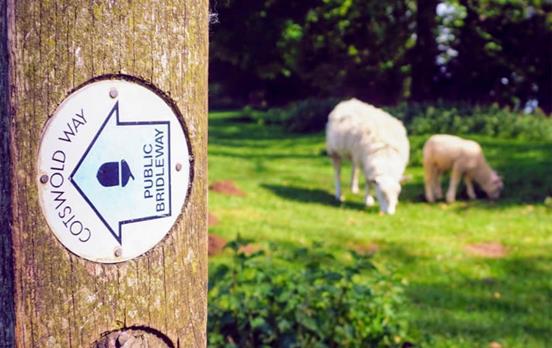
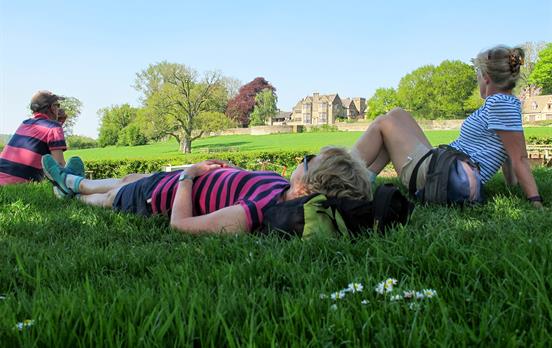



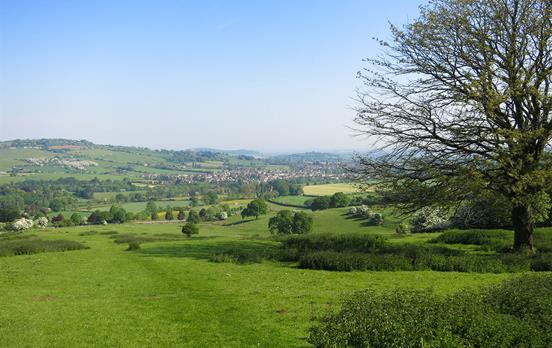
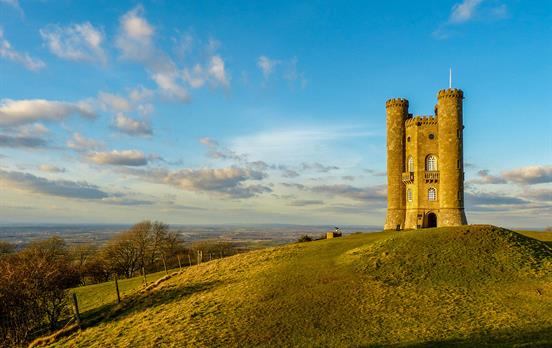

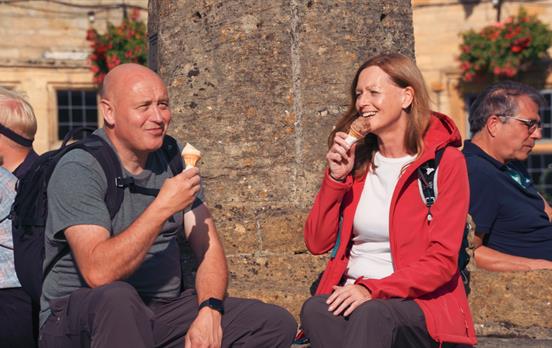

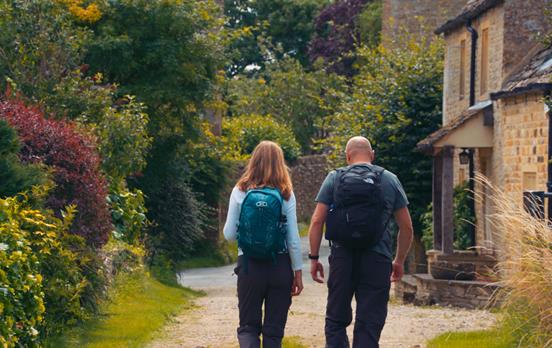



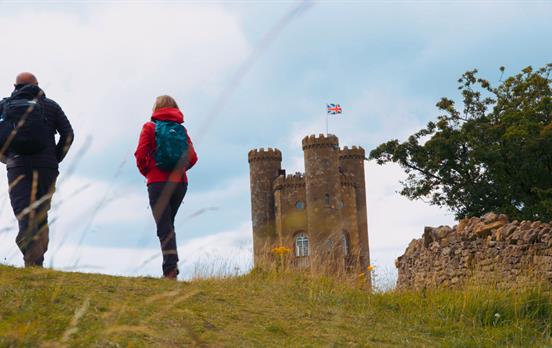



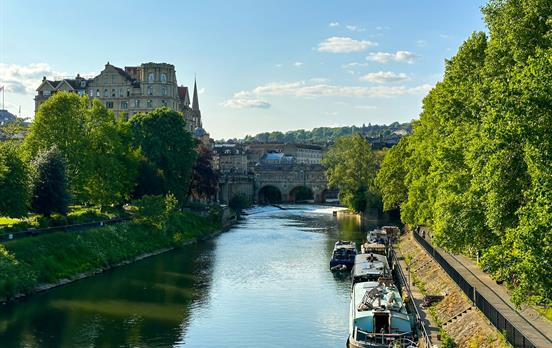


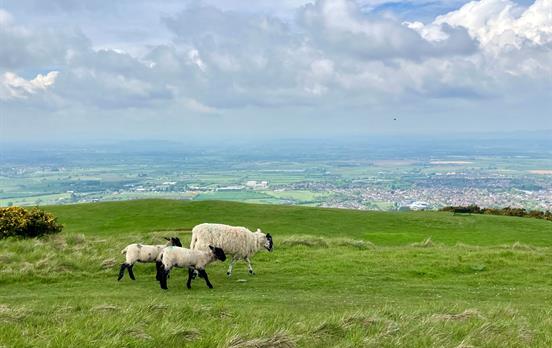
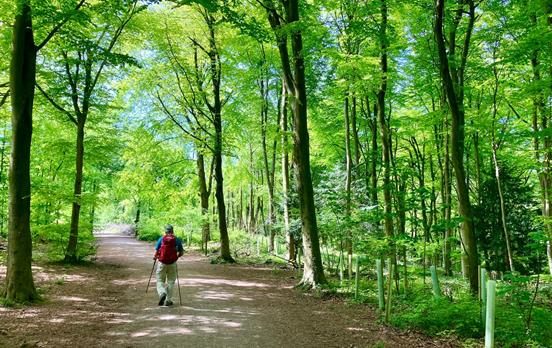
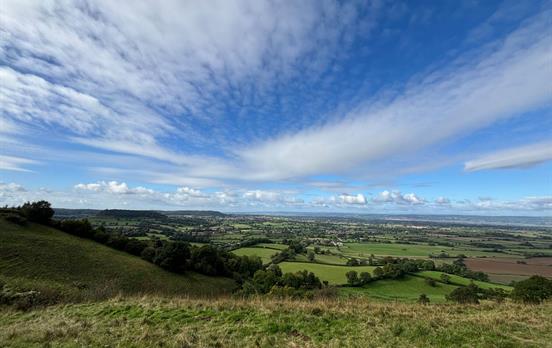

 Australia
Australia New Zealand
New Zealand South Africa
South Africa European Union
European Union